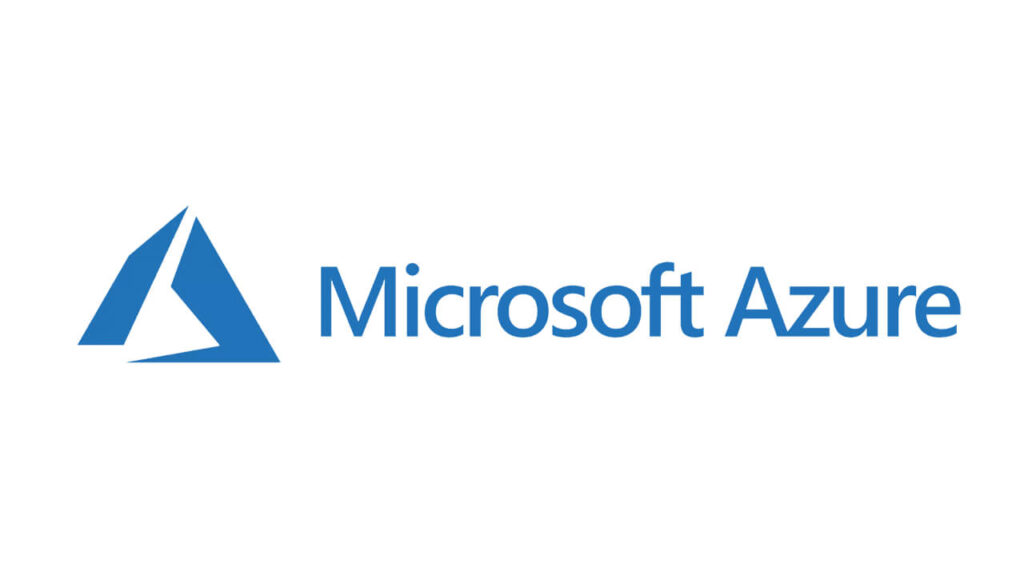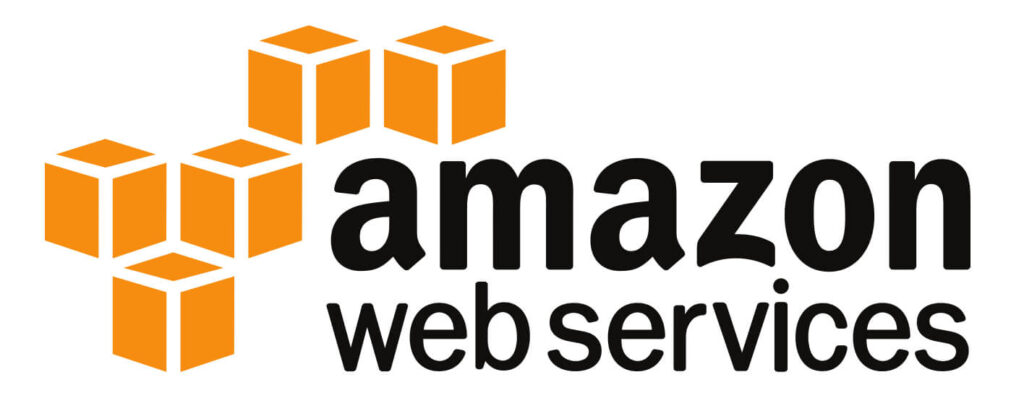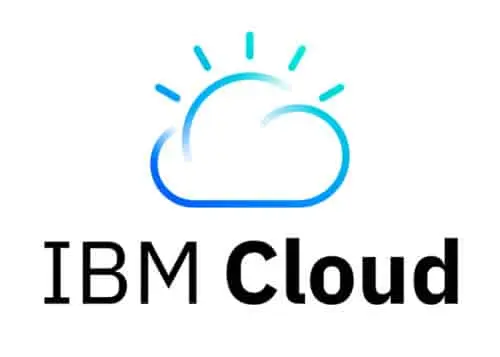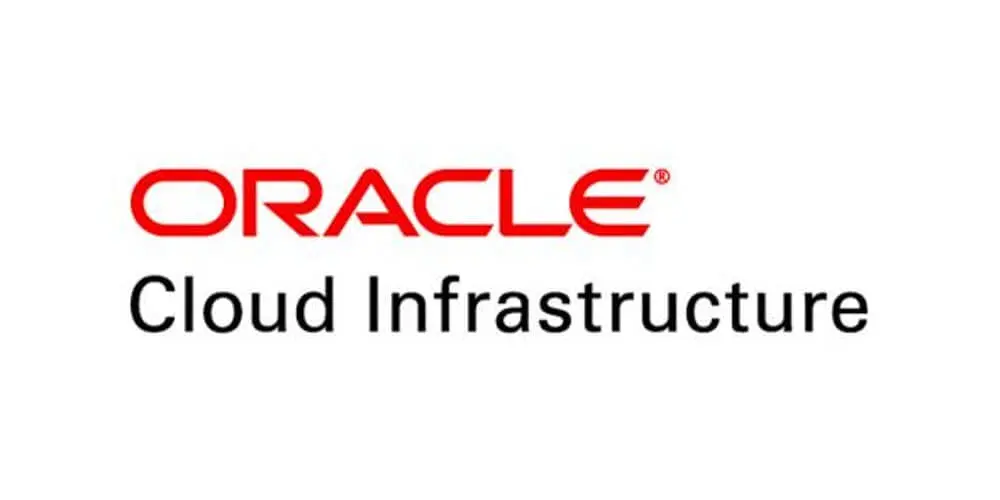Cloud computing arose and spread through the IT business quickly because of the straightforward access it has given clients to a large number of basic tasks that they can complete over the internet and huge loads of IT resources.
Indeed, even with the prominence of cloud computing, a huge part of businesses actually aren’t exploiting all that the cloud brings to the table. From giving better admittance to your remote group to less expensive operating costs, cloud computing can make your business more effective, safer, and more cooperative.
What we will see here?
What is cloud computing?
Basically, cloud computing is the conveyance of computing services-including servers, storage, data sets, networking, software, analytics, and knowledge over the Internet (“the cloud”) to offer quicker advancement, adaptable resources, and economies of scale. You commonly pay just for cloud services you use, helping bring down your operating costs, run your framework all the more productively and scale as your business needs change.
It is basically on-request accessibility of computing system resources, particularly data storage.
Benefits of Cloud Computing
The advantages of cloud computing go further than cost savings alone. Information is more straightforward to get to, safer, and less prone to disaster.
- Long-term cost savings
- Accessibility and team collaboration
- Increased security
- Disaster recovery
1. Microsoft Azure

This is an easily recognized name and has been at the center of the technology world for quite a long time. Despite the fact that it entered the cloud computing market at a moderately late stage, it has an exceptionally profound involvement with all of the cloud layers and this has pushed it to the highest point of the business.
The principal selling points of Microsoft Azure are that it is a private cloud supplier that provides service management, hosting solutions, and information storage.
This is they were late to the cloud supplier industry, they rose through the positions rapidly by moving their on-premises software (Microsoft Office, Sharepoint, and so forth) to the cloud. Due to the notoriety this software previously appreciated, it was an easy decision for some associations to follow it to the cloud. While there can at times be a steep learning curve, it’s one of the simpler clouds to get set up, and it’s genuinely simple to manage once it’s set up. Notwithstanding, you’re still likely going to require help from support eventually, and their genuine support group and documentation don’t consistently offer the degree of support clients need. The stage is updated frequently, and the documentation can’t keep up.
Pros
- Easy to set up and manage
- Regular platform updates
- 99.95% uptime guarantee
Cons
- Licensing and pricing is confusing
- Support isn’t generally so responsive as clients would like
2. Amazon Web Services

Amazon Web Services (AWS) is a cloud-based platform for building business arrangements utilizing incorporated web services. AWS offers a wide extent of IaaS and PaaS administrations. These consolidate Elastic Cloud Compute (EC2), Elastic Beanstalk, Simple Storage Service (S3), and Relational Database Service (RDS).
AWS offers broad administrator controls accessible through their secure Web customer. Clients can get to various features from here including encryption key creation and evaluating.
Aws allows you to tweak infrastructure requirements. These expenses definitely not exactly if you were set up on your own premises. Clients can likewise get to EC2 we services.
AWS has three different estimating models; ‘Pay as you Go’, ‘Save when you reserve’, and ‘Payless utilizing more’. AWS additionally offers a free 12-month level. When your time for testing has expired, you should either pick a paid plan or drop your AWS subscription.
Pros
- Large global availability
- Huge breadth of features
- Helpful customer support
Cons
- Pricing design can be confounding and dark
- AWS may restrict new clients’ access to cloud resources
3. Google Cloud

Google Cloud enables clients to make business solutions utilizing Google-provided, particular web services. It offers a wide cluster of services including IaaS and PaaS solutions.
With Google Cloud’s multifaceted secure framework, clients can have confidence that anything you build, make, code or store will be ensured. This is done through a promise of straightforwardness and a profoundly prepared group of designers.
Google Cloud has an assortment of tools to guarantee steady execution and the board. These join Compute Engine, App Engine, Container Engine, Cloud Storage, and Big Query. Google additionally offers smooth relocation to virtual machines with adaptable pricing.
Google professes to be a pioneer with regards to pricing by comparison with significant revivals, and you can give the service a shot yourself free of charge.
Pros
- User friendly
- Good range of services
- 12-month free trial
Cons
- Pricier than AWS.
- Can be a test to coordinate with non-Google items.
4. IBM Cloud

IBM Cloud is a bunch of cloud computing services presented by the eponymous tech giant IBM. This is an item from IBM that incorporates an entire host of cloud computing services that run on other infrastructure as a service (IaaS) or platform as a service (PaaS). This item came from IBM when they chose to combine their virtualization technology and their centralized server computing. IBM states that 47 out of the Fortune 50 companies use IBM as their private cloud supplier.
IBM Cloud offers a wide scope of services. Not every one of them is cloud-based: it covers both virtual and hardware-based servers, composed of public, private, and the board networks.
As hardware and virtual-based servers are joined into one on a request cloud platform, you have total infrastructure control. IBM Cloud is coordinated and managed by a solitary system that can be controlled through a web-based interface, API (Application Programming Interface), or portable apps. IBM Cloud’s Bluemix creating solution has a wide scope of cloud SaaS management tools.
Pros
- Pre-configured tools
- Fully customizable
- Management tools
Cons
- Setup isn’t as natural for the unenlightened as different services like Rackspace.
5. Oracle Cloud Infrastructure

Oracle Cloud Infrastructure is one more cloud service from a computing behemoth, and as you’d expect it’s both a strong and feature-pressed platform. There are two principle service arrangements accessible: cloud architecture, and storage information.
Cloud architecture incorporates information management, data sets, and apps, while the Oracle Data Cloud is principally for driving enormous information analytics for business knowledge experiences. Oracle likewise gives a scope of SaaS (Software as a Service) platforms like HCM, EPM, SCM, and web-based media devices.
For the individuals who truly do sign up, besides a 30-day free trial, Oracle Cloud likewise offers a free service level that incorporates limitless acess to two independent databases which accompany Oracle App Express (APEX) and Oracle SQL.
Pros
- Architecture and storage
- Enterprise ready
- Free tier
Cons
- Improve integration with other hypervisors, apart from VMWare
6. CloudLinux

CloudLinux isn’t such a cloud computing supplier, yet rather a cloud platform you can work across your own servers. This intends that if you’d like to have tight control over your cloud network rather than going with a third party, you can have it yourself. While this presents a different arrangement of difficulties, it likewise offers a scope of advantages, particularly for those organizations currently heavily invested in their own IT framework.
CloudLinux is a distro of specifically worked for virtualized cloud tasks to power shared hosting services, by allotting and restricting server assets to each tenant. Moreover, each occupant is partitioned from one another, in other to establish a safer environment. The outcome is a hosting platform that has built-in redundancy, solidness, and security, to give a superior hosting climate.
All cloud services require a level of specialized information to work with, so for those with broad ability CloudLinux offers the chance to be undeniably more in charge of your own services and how they are designed.
Pros
- Cloud OS platform
- Full control
- Customizations
- Built in security
Cons
- More technical challenges
Conclusion
The best cloud computing services offer the chance for businesses to go through a computerized transformation to further develop effectively and also to reduce costs.
Cloud services have reformed computing, not least through IaaS, PaaS, and particularly SaaS, which have permitted businesses to create virtualized IT infrastructure and convey software through the cloud, free of a client’s operating system.
















